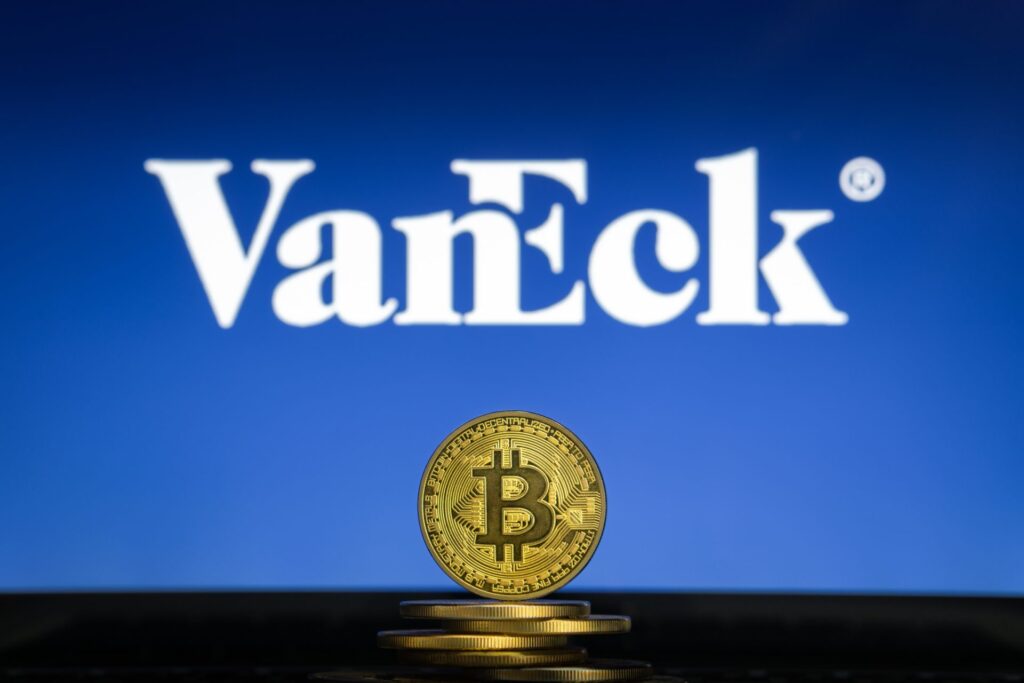VanEck executive accuses Biden administration of hindering DeFi and crypto market growth through aggressive regulatory actions.

A VanEck executive has once again criticized the Biden administration from the crypto industry, alleging that the administration stifles the development of DeFi and the cryptocurrency market.
Significantly, a recent report cites Matthew Sigel, chief of digital assets research at VanEck, issuing a dire warning regarding aggressive regulatory actions’ negative impact on investor confidence in digital assets.
Amid escalating tensions between regulators and the cryptocurrency industry, his remarks have sparked concerns regarding the future of self-custody practices and decentralized finance.
VanEck’s representative, Matthew Sigel, has expressed concern over what he considers to be the hasty efforts by the Biden administration to regulate self-custody and DeFi practices within the cryptocurrency industry.
Sigel reportedly criticized the actions of regulators in April, describing them as excessively aggressive and devoid of recourse for crypto firms (DL News).
Furthermore, he emphasized the administration’s efforts to establish rigorous crypto regulations, which he believes could effectively criminalize DeFi and self-custody functions in the United States.
Sigel’s remarks highlight increasing apprehensions among cryptocurrency enthusiasts concerning the regulatory stance adopted by the Biden administration about digital assets.
In the interim, a sequence of regulatory measures aimed at the decentralized finance (DeFi) industry occurred concurrently with Sigel’s caution during the Biden administration. A noteworthy example is the recent warning issued by the Securities and Exchange Commission (SEC) to the Uniswap Foundation, which is accused of operating an unregistered exchange.
However, the reporting requirements put forth by the Internal Revenue Service (IRS) for unhosted wallets were met with criticism due to the expansive nature of the definition of brokers.
According to the VanEck executive, these actions result from increased regulation by the Biden administration, which threatens to impede investor confidence and innovation in the cryptocurrency market.
Anxiety regarding the regulatory posture of the Biden administration is representative of more significant concerns regarding the future of self-custody practices and decentralized finance as a whole.
With the escalation of regulatory scrutiny, stakeholders are exercising vigilant observation over developments, apprehensive of potential limitations that may impede the expansion and ingenuity of the cryptocurrency ecosystem.
In the interim, the executive’s admonition from VanEck serves as a poignant reminder of the difficulties confronting the sector and the critical requirement for regulatory transparency to cultivate an atmosphere favorable for the advancement and acceptance of digital assets.
Amid this, concerns have been expressed by U.S. Senator Cynthia Lummis regarding the recent regulatory position taken by the Department of Justice (DOJ) concerning non-custodial software wallets.
Lummis casts doubt on the DOJ’s interpretation in a recent statement, contending that it contradicts prior Treasury guidance and could criminalize fundamental facets of Bitcoin and decentralized finance operations.
Lummis argues that such interpretations compromise fundamental property rights, which are central to American values and underscore the right of individuals to manage their nodes and exercise control over their keys.
Notably, this statement and the recent remark made by VanEck executives have stirred market discussions. Lummis, meanwhile, has expressed profound concerns regarding the DOJ’s strategy, emphasizing the Biden administration’s possible encroachment on the fundamental principles of decentralized finance and the Bitcoin network.
